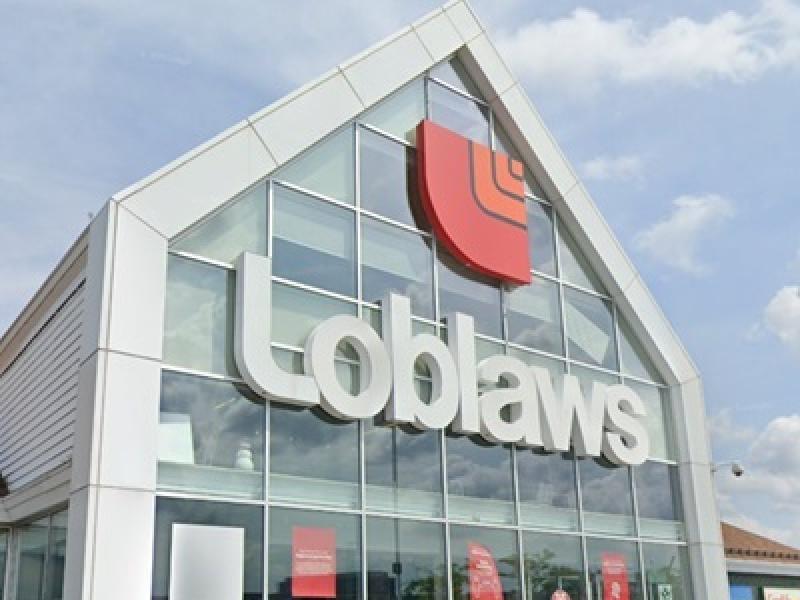Timbercreek Asset Management recently released a 2017 outlook paper that Property Biz Canada discussed in an interview with Corrado Russo, Timbercreek Asset Management’s senior managing director, investments and global head of securities. Part one of the Biz article A decent year for REITs shaping up for 2017: Timbercreek was published January 12, 2107. Following is the remainder of the story:
Corrado Russo, Timbercreek Asset Management’s senior managing director, investments and global head of securities describes the Trump win as “a positive surprise” for real estate generally in the U.S.
The hotel sector
Trump’s promise of stronger economic growth, if it comes as advertised, will see the ‘largest benefit” go to the hotel sector.
Expect Timbercreek to be a choosy shopper south of the border. “In the U.S. there are pockets of opportunity in investments or sectors that have been beaten up recently because of the lack of growth or where they are in the economic cycle.”
Put U.S. hotels, a sector beaten up by lower business travel and online competitors like Airbnb, at the top of the list. “if you are going to get large amounts of infrastructure spending and huge incentives to drive small business entries and the economy doing well, that is typically a huge positive factor for hotels.”
Euro pain & gain
Timbercreek is down on London office, sees the prospect of a short-term retail gain (falling pound and increasing tourism) and long-term industrial strength thanks to rising e-commerce activity.
In continental Europe, there is political uncertainty with elections looming in France, the Netherlands, Germany and Italy that could result in populist governments.
Timbercreek expects the European office vacancy rate to continue to fall in 2017 from its current average of 8.5% (the lowest since 2009). One of the lowest vacancy rates is expected to be in Germany, whose top six markets are expected to average a 5% vacancy rate. Expect to see rental rate growth this year in Madrid and to continue to rise in Stockholm, Berlin, Munich, Dublin and Barcelona. Brexit’s impact is likely a post-2017 event.
“Prime” retail locations on the continental are expected to strengthen further in 2017, with the strongest gains in Dublin, Paris, Stockholm and leading German cities like Berlin, Hamburg, Dusseldorf and Stuttgart.
Industrial real estate, similar to the U.S. and U.K., should gain from e-commerce growth.
“In Europe for very high quality retail shopping centers and institutional quality office companies, I think you are going to see continued strong fund flows and therefore rising asset values and stock prices,” Russo concluded.








